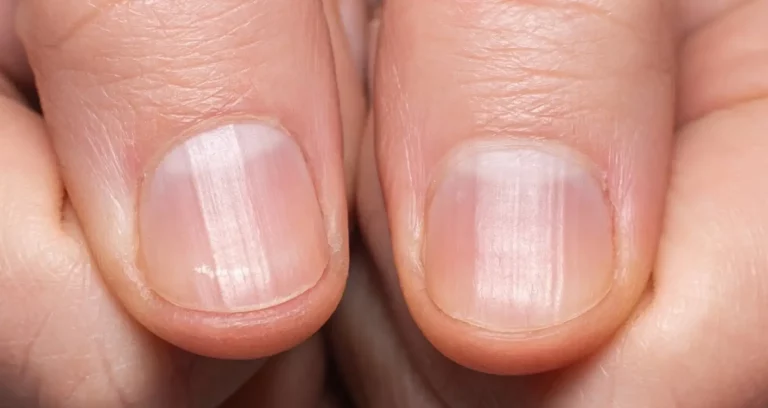
We all know that late-afternoon slump. You’re at your desk, feeling a bit foggy or even nodding off. The same sensation might hit after indulging in a Thanksgiving feast or a large buffet. Within a few hours, you find yourself yearning for a nap or a strong coffee.
Your blood sugar can surge and then plummet depending on what, when, and how much you consume, leaving you feeling quite drowsy. This is particularly common after meals rich in refined carbohydrates, such as starchy foods and sugary snacks, as your body rapidly digests them. To lower your blood sugar, your body releases insulin, which transfers the sugar into your cells for energy use or storage. However, if your body fails to produce sufficient insulin or doesn’t use it effectively, these significant fluctuations in blood sugar may occur more frequently. This could indicate diabetes.
Signs your post-meal sleepiness might be diabetes

According to the Centers for Disease Control and Prevention, approximately 10% of Americans have diabetes, with the majority having type 2 diabetes. This serious condition often develops as people age, though diagnoses among younger individuals are rising. Post-meal fatigue is one symptom of diabetes, but if you also experience frequent urination, increased thirst, blurry vision, slow-healing wounds, or tingling in your hands or feet, it may be worth testing for diabetes. Despite feeling tired after eating, you might also feel hungry. Some individuals may experience unexplained weight loss. (Here’s more information on the different types of diabetes.)
Symptoms of type 2 diabetes can take years to manifest, making it crucial to monitor your blood sugar if you’re at risk. Risk factors include being overweight, exercising less than three times a week, or being over 45 years old. Your risk is also elevated if you have a family history of type 2 diabetes or were diagnosed with gestational diabetes during pregnancy. Certain ethnic groups, such as African American, Hispanic/Latino, and Native American communities, are also at a higher risk of developing type 2 diabetes.
Other reasons why you’re sleepy after eating

Feeling sleepy after a meal doesn’t necessarily indicate type 2 diabetes. Reflecting on that Thanksgiving dinner, many blame the tryptophan in turkey for the food coma, but have you noticed a similar feeling after a buffet meal? Simply overeating can make you feel tired and sluggish, especially if the food is high in fat. Digesting all that food requires energy, drawing blood to your digestive system and potentially leaving you drowsy.
Insufficient fluid intake may also cause post-meal fatigue. Overall dehydration leads to increased tiredness. Ensure your fluids are free of caffeine or alcohol, as these can dehydrate you further. Even a small amount of alcohol with your meal can contribute to feeling more tired afterward.
If you’re relatively inactive, you may also feel tired after eating. Instead of dozing off at your desk or collapsing on the couch post-meal, try taking a short walk (or a “fart walk”) before the fatigue kicks in. A brief walk can help stabilize your blood sugar, preventing an energy dip. A 2022 meta-analysis published in Sports Medicine found that light walking significantly reduces blood sugar and insulin levels, and a gentle walk post-meal can moderate blood sugar spikes and drops.




